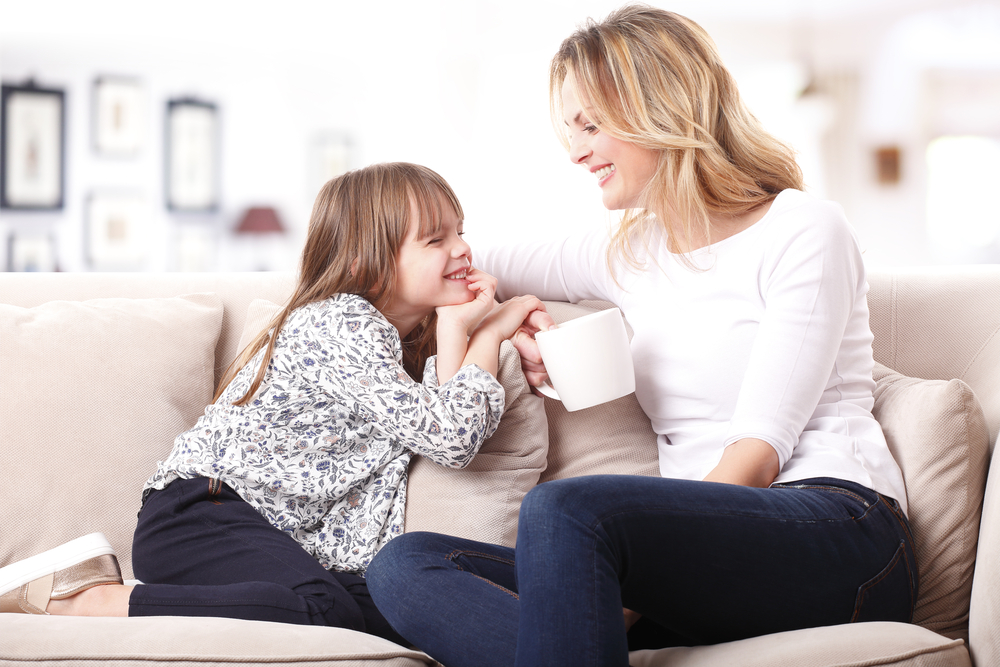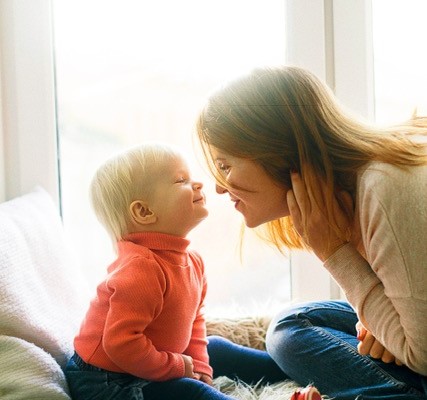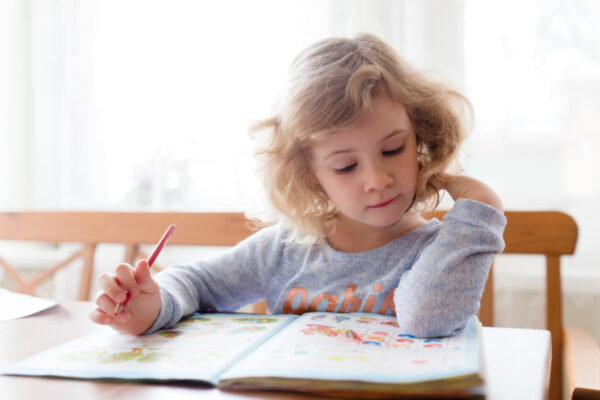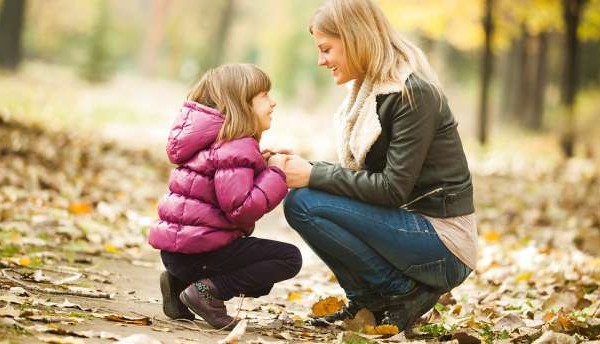Anyone who has children has been there in some way shape or form. We find ourselves in situations related to the body or general sexuality and wonder-what is the right thing to do or say here? The reality is, many of us didn’t grow up with a lot of clear information or guidance about sexuality and therefore, we feel at a loss with our own children.
In America, many don’t realise that half of the country is taught abstinence only (refraining from sex until marriage) and nudity is often seen as taboo or even illegal, from breastfeeding to sun bathing topless. And yet, it’s completely normal for kids to be exposed to over sexualized images on tv and social media from a very young age nowadays whether parents like it or not. The landscape has changed dramatically for our children and we can’t ignore this topic anymore. In the new age of social media, it’s more important than ever to help them navigate this new terrain.
Research clearly shows that the earlier we talk about bodies and sexuality with our children, the more we create a close connection to them and protect them from possible perpetrators.
Denmark, voted as one of the happiest countries in the world for over 40 years in a row, see it as a child’s right to know about their bodies and sex in an honest way already from the age of 4 and 5. Every year, there is an entire week dedicated to sex education across Denmark called “week sex” for all ages and parents and teachers are provided information to help them communicate with their children.
While most of us may not be ready for this, we can still make a big difference at home by understanding the importance of talking and how to get started.
Dare to jump in the freezing water and start talking. Have you ever had that experience where you had to jump into freezing water and you really didn’t want to? But once you did you felt great? This is a little bit what it feels like to get started on being more open and honest about sexuality with your kids. It’s difficult to take the leap, but once you are in, it gets easier and even feels refreshing after the shock wears off. Try to start as early as possible and take initiative whenever you can.
Look for opportunities to talk, use proper words and don’t moralize. Sexuality is not “the conversation” -it’s “a conversation” that lasts throughout life. Read books to smaller kids about bodies and making babies, use real terminology, try to be clear with explanations that work for your child’s age. Answer questions in an age appropriate and honest way. Remember that tone and reaction are soimportant! Saying things like “we will talk about this when you are older” can make kids feel like they should hold back on asking. The more we find real opportunities that aren’t forced, the more children know they can always ask us and tell us what is really on their minds. We won’t always have the answers and that’s ok, but being honest creates connection, and open communication which is invaluable.
Teach Body Happiness In Danish, there is a word called “kropsglad”which literally means body happiness. This is an extremely important part of sex education. How we treat and talk about our bodies is very tied to wellbeing. Research shows that the same sex parent has a huge effect on how children see themselves. Thus, a mother that says “My thighs are disgusting” when she looks in the mirror but tells her daughter “you are beautiful” will have a big effect on how a daughter sees herself. Our words really matter. Children mirror parents so try to be kind to yourself and others. The more they have a healthy relationship to their bodies, and don’t feel judged for how they look but feel valued for who they are, the happier they will be.
Talk About Technology and start early Try to find opportunities to talk about technology and social media. Whether it is using a friends’ experience, watching movies together or situations in the news, ask questions without moralizing. Many children, for example, don’t realize that images on social media are retouched and this can create feelings of inadequacy. They may not know how to handle seeing unpleasant images or being approached by strangers. Let them know they can always come to you. Opening up discussions about this will protect them in so many ways and it feels great to have this kind of connection.
Make a Parent Group Support is fundamental. Talk to others about your experience and get good ideas from other parents. In the age of technology others experience can be extremely helpful. If you are ever worried about what your child is doing or seeing don’t ignore it. Try to be aware of what is normal for their age and share with others or get help. Join The Danish Way of Parenting grouponline for more support.





